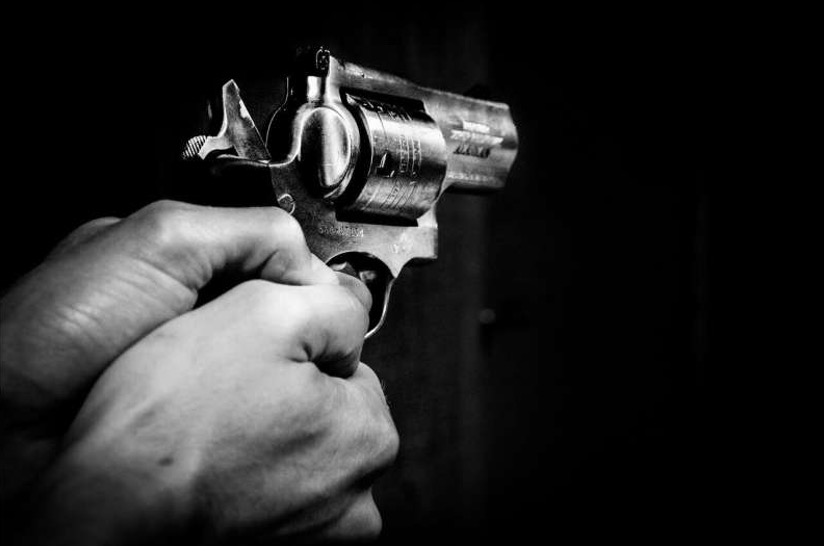CommentsGUN CONTROL - The tragic Sacramento shooting on April 3 that claimed six lives joins a long list of shootings in California that occurred that same weekend:
A 9-year-old girl was shot and hospitalized in Stockton, two people were shot to death in Fresno, there were gun deaths in Long Beach and San Joseand a teenager was shot and killed in East Bakersfield. Last week, for the first time, the Centers for Disease Control and Prevention reported that gun deaths are now the leading cause of death for all children and teens in the U.S. — surpassing car accidents and drowning incidents.
In both our state and our country, we have a problem — a violence problem. We tend to pay attention to violence when there is a mass shooting, but we need to pay the same level of attention to the violence that disrupts everyday life. All too often that violence is ignored if it takes place in a “tough” neighborhood or is concentrated in black and brown neighborhoods. We need to address violence regardless of when and where it occurs, and focus on root causes, as well as the lethal role firearms play.
After every mass shooting, we hear calls for more gun legislation, even though the Golden State has the nation’s strongest gun laws. While it’s important to address remaining gaps in our gun laws, we should be turning our efforts to lifting up and expanding what is working in communities across the state.
Many Californians look to the Legislature to solve the gun violence problem, when in fact the answers are right in our own communities. We implore residents across the state to work with their local elected officials to fund this critical work and address any gaps in their own efforts to address violence.
No one is more sick and tired of gun violence than those who live in neighborhoods where it’s a daily occurence. Residents across the state already are working on solutions, and they hold the key to stopping the bloodshed — whether it’s a mass-casualty event or a single homicide.
Gun and gang violence are chronic problems, not episodic ones. To address it, we must stop using a crisis situation to develop long-term strategies for gun violence prevention and treat each and every incident of gun violence like the tragedy that it is, with an equitable emergency response. The way the Sacramento mass-casualty shooting unfolded showcases four critical issues that must be addressed. We need a framework of that incorporates:
Prevention: We must work harder to prevent at-risk individuals from getting involved in gangs in the first place. California-based organizations such as RYSE Center and Youth Alive! provide life-transforming leadership opportunities to young people while providing safe spaces for them to thrive.
Intervention: More communities must invest in strategies such as Advance Peace in Sacramento, where resources are focused on the small percentage of individuals who are most likely to be violent or become victims of gun violence. It provides job training, mentorship and life-mapping (exercises that help identify values) for these individuals.
Healing and aftercare: Hurt people hurt people. We must treat generational and systemic oppression as the mental health crisis it is. Healing and trauma aftercare services must be made available after a shooting and must be culturally appropriate. Many California communities provide such services. Look to the work of organizations such as the Brotherhood of Elders Network and the National Compadres Network.
Ending easy gun access: Guns are far too easy to obtain, especially in black and brown communities. Guns are systematically trafficked, typically from outside urban communities by people looking to make a profit. And most crime guns are first purchased legally and ultimately find their way into the hands of gang members and young people. The proliferation of homemade “ghost guns” must be dealt with from a policy perspective. (On April 11, President Biden unveiled restrictions on unlicensed firearms kits used to make guns without serial numbers.)
The Sacramento mass shooting and all the others that plague our communities will happen again unless we have a solid framework to address violence and create a long-term vision that starts locally. Everyone deserves to be safe in their own community.
(Judy Belk is the president and CEO of The California Wellness Foundation. Brian Malte is the executive director of the Hope and Heal Fund and has written about ways to reduce gun violence and surging gun sales. This article was featured in CalMatters.org.)






